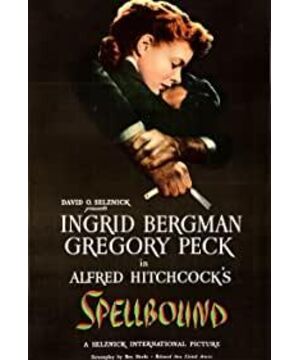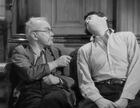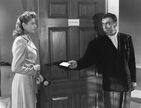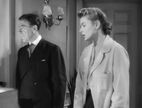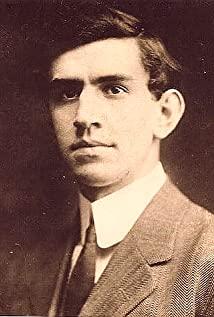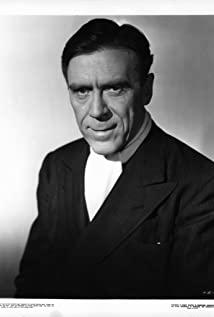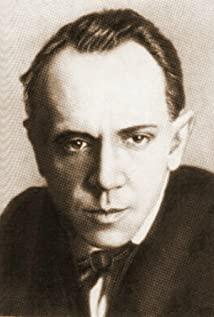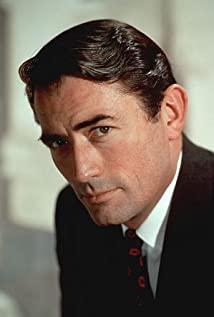This is also true. At the beginning of the film, the heroine's treatment of the female visitor, the theoretical basis discussed by the doctors, and the interpretation of the male lead's dream by the tutor Alex, all succinctly and clearly demonstrated the application of psychoanalysis to the audience who are not familiar with psychotherapy.
The problem is... our class is not psychotherapy, but sexual psychology, which means that we write film reviews from the perspective of sexual psychology rather than psychoanalysis. The problem is severe and challenging, just like how the female lead proves the male lead's innocence.
The time has come to test innovative thinking and problem solving-
because of love, you will become a better person. The
roommate said: Love that can make people better is true love. Because of lovers, you have seen a wider world, learned more skills, and your character has become more pleasant and gentle. And those who don't do anything together and only degenerate, go wherever it's cool.
Because of love, the heroine has become like a hang-up - first, the hero went to Alex's tutor's house for help, and then she knew that her life was in danger and insisted on skiing with the hero at the crime scene. Taking a deep breath, the one-handed confrontation with Dean Murchison was a classic case of game theory. She bet her life, and she has the taste of "the brave who meet in a narrow way wins".
wrong! Since the penalty for killing one is the same as for killing two, and Western countries prohibit the death penalty, the dean would rather commit suicide than spend the rest of his life in prison, which seems unreasonable.
But before we get to the bottom of it, and all the evidence shows that "the male protagonist is the murderer", who would believe that the male protagonist is innocent?
The male protagonist believed that he was the murderer, and indicated that he did not want to implicate the female protagonist. He even worried that he would have amnesia and then kill the female protagonist. The heroine thought wholeheartedly that he was innocent. After the tutor told the heroine about the near-miss experience last night, the heroine still insisted on her belief, and the reason is very simple: "I can't feel this way about a murderer." No wonder the tutor said to the heroine who loves first: "A woman can be an excellent psychiatrist, but once she falls in love, she becomes the most typical patient."
Speaking of a woman's intuition, it's interesting. She couldn't say what specific things made her feel that way. But she can perceive the secrets hidden in the slightest details, and she can't escape the slightest change. What is even more terrifying is that this ineffable or quantifiable ability is so accurate that men can sigh with admiration.
Uh sorry, it's too far.
Love is like a religious belief. With faith, the heroine is resolute and decisive, courageous and resourceful, and she will take action when it is time to take action, and overcome all difficulties. The unique strength and resilience of women are brought into full play in the film. Even if the whole world is against me, I will still love you and help you without any regrets. In addition, he was originally an excellent psychiatrist, and his high IQ has reached a higher level under love, and his investigative power is not inferior to any famous detective. ending.
It's no wonder that countless literati and pranksters are praising love.
What would the story be like if it wasn't love at first sight?
This assumption is rather dark, but I think it is also very interesting.
The premise is that the male coach is astonished, with deep and piercing eyes, angular face, tall and heroic body and strong arms, and it is reasonable for the heroine to fall in love with him at first sight. After falling in love, you will firmly believe that "that he" is innocent. The so-called "Xishi in the eyes of the beholder" means that no matter what he/she does, he/she considers it to be beautiful. As if all the good in the world is crowned with the adjective that ends with him/her.
With the premise, the power of love described above seems natural and logical.
If the male protagonist looks average, such as director Hitchcock, the next love story of love may not happen. It's not that only handsome and handsome boys can taste love. Diaosi can still counterattack, let alone ordinary people with connotations, ideals and morals?
It's just that love doesn't come that fast, although in the film there's no other choice. If the male protagonist fails to make the witty female protagonist fall in love with him before fleeing in fear of crime, there will be no further plot development, and the whole drama will end.
Therefore, in order for the plot to go on smoothly, the male protagonist must be indignant with handsome people and gods. In reality, no need.
Real love doesn't need to be as vigorous and vigorous as in the movie. It is suitable to be plain, warm and long-flowing. Probably, what comes quickly goes too quickly. SHE sang in "Half Sugar Doctrine": "If there is no sweetness, you won't feel tired... How much tenderness, why use it all at once..." Every day is like a rush hour episode, even 007 can't stand it what. Therefore, some romantic films will always make people sneer and dismiss them: "Fuck it? Is it so fake?!"
However, the film was originally a dream, and let the audience compose their own rhapsody in the dream. After all, a large part of the beautiful and inexperienced dreams of youth are pinned on dream-making movies.
Now that it's back to reality, whether it's a boy or a girl, in addition to inner beauty, you must also pay attention to your appearance. Because everyone appreciates beautiful things. As for the boys, maybe they will be saved by the goddess of high IQ who steps on the colorful auspicious clouds; for girls, they will probably meet Professor Du around the corner?
Hope so, because today is White Day.
View more about Spellbound reviews


